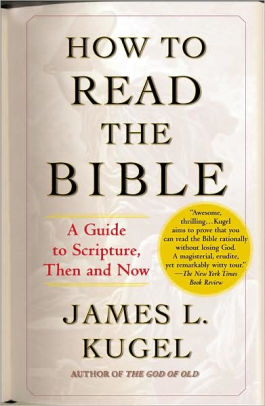
In Chapter 6, Kugel writes about Abraham leaving his homeland, as ordered by God. He is said, in the Bible, to be blessed.
Ancient Interpretation
The question the ancient interpreters asked is why was Abraham so special? They figured he must have stopped worshiping the gods of his homeland and begun to worship the one true God. He was therefore the first monotheist (in their view – modern scholars believe that Zoroastrianism was actually the first monotheistic religion). But why did he stop worshiping the other gods. Possibly because he realized that the other gods made so little sense. Why was a year 365.25 days instead of a nice round number (as was known in Mesopotamia at the time)? Certainly a god would have chosen a more round number.
One ancient interpreter, Philo (c. 20BCE 0 c. 50BCE ), believed that Abraham also had an allegorical meaning: that he symbolizes any soul looking for God.
Modern Interpretation
Modern interpreters are having trouble agreeing whether Abraham really existed or not. Many scholars believe that Abraham is an etiological explanation for why the Jews are entitled to the Promised Land. But there is archaeological evidence that the cities that Abraham traveled through did, actually exist.
I tend to look at anything that is not a well researched historical account to be about fictional characters. Even if those characters are based upon real people. For instance, Shakespeare’s historical characters, such as Henry V or Richard III were real Kings. But I consider Shakespeare’s characters to be almost entirely fictional. Thus if Abraham existed, I suspect he was very different from the person depicted in The Bible.
LikeLike
I believe that historical Jesus existed, and that he was nothing like what is described in the New Testament – or at least nothing like what we imagine Jesus/God to be like today.
LikeLike